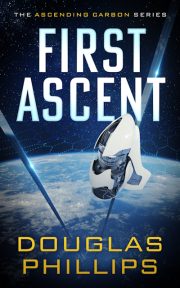The Pros and Cons of Having Your Own Website
Do you need to have you own website? It depends on what you want to use the website for. Having an online presence may or may not translate to your desired action, in part because your presence really is about “you” as a person rather than “you” the author. With today’s technology, the two are not mutually exclusive.


